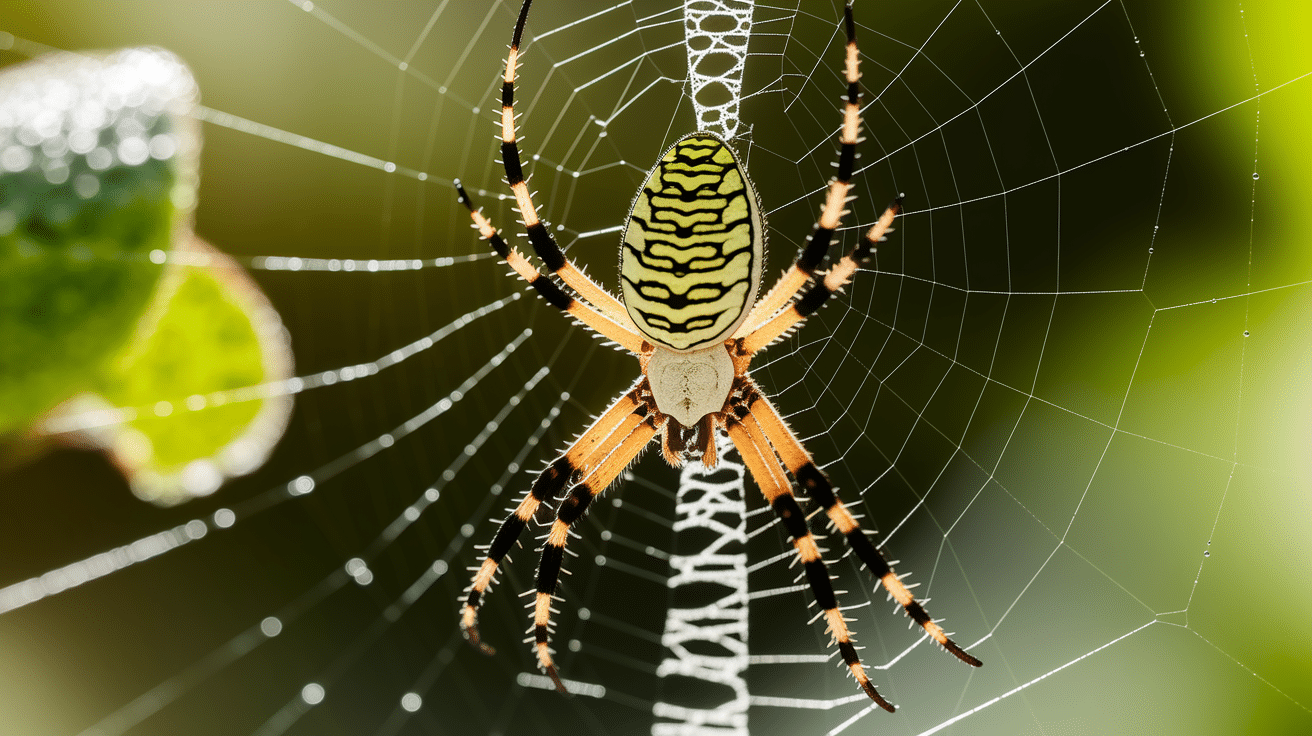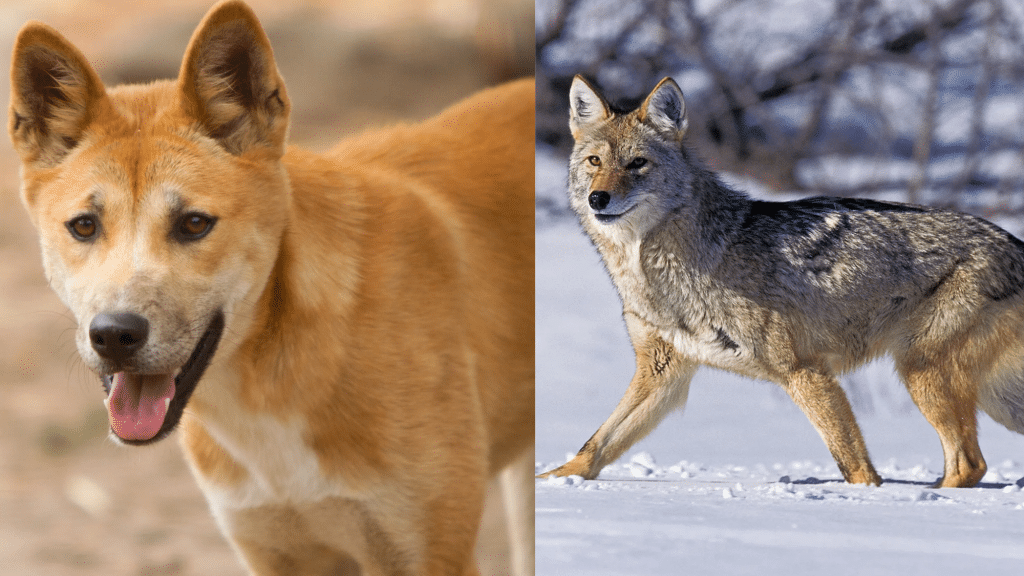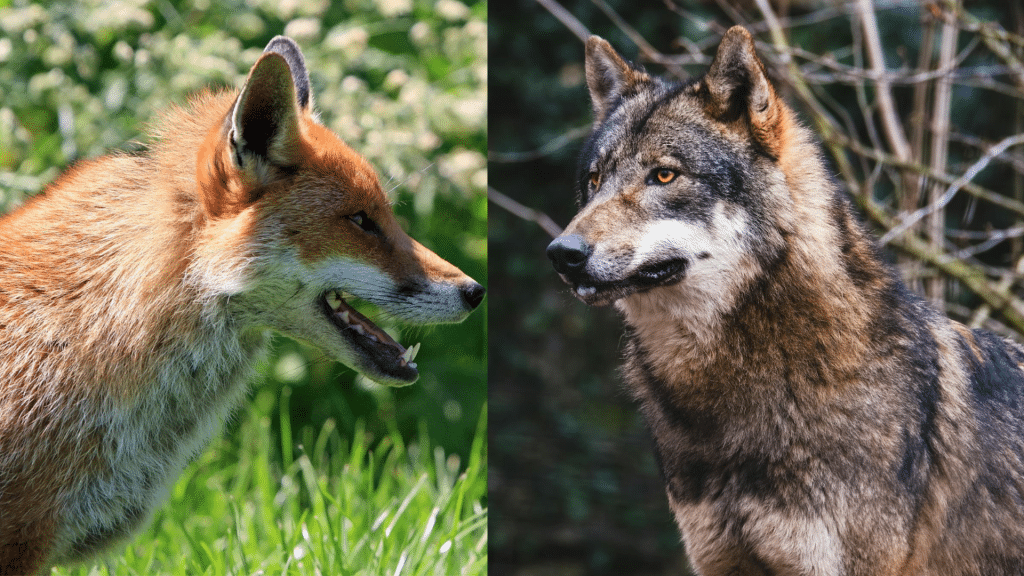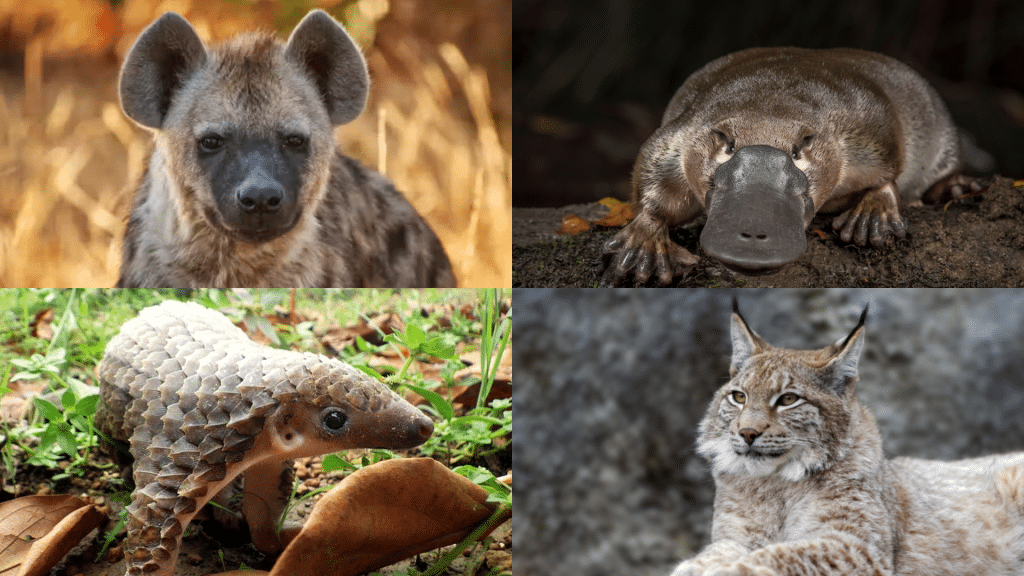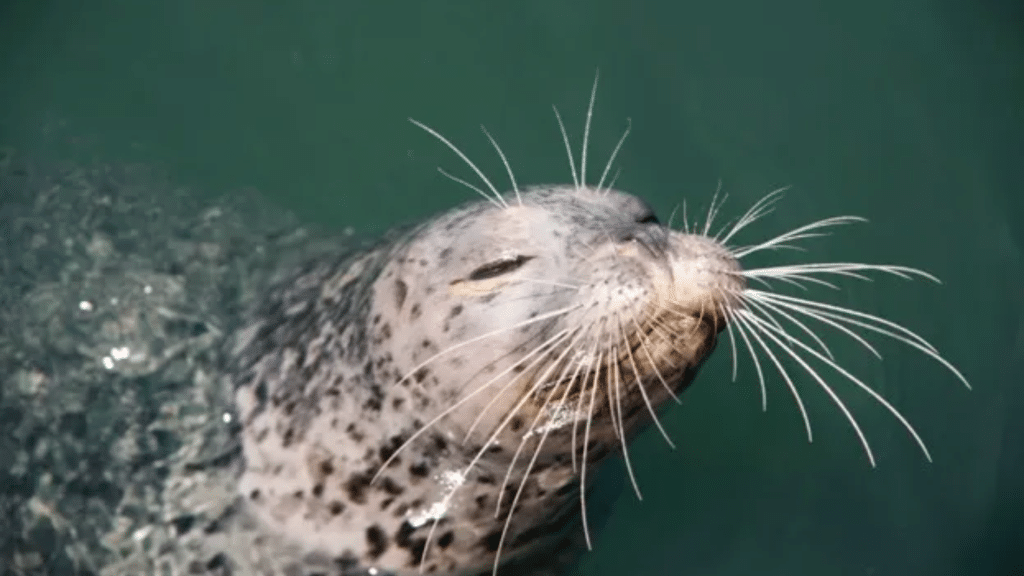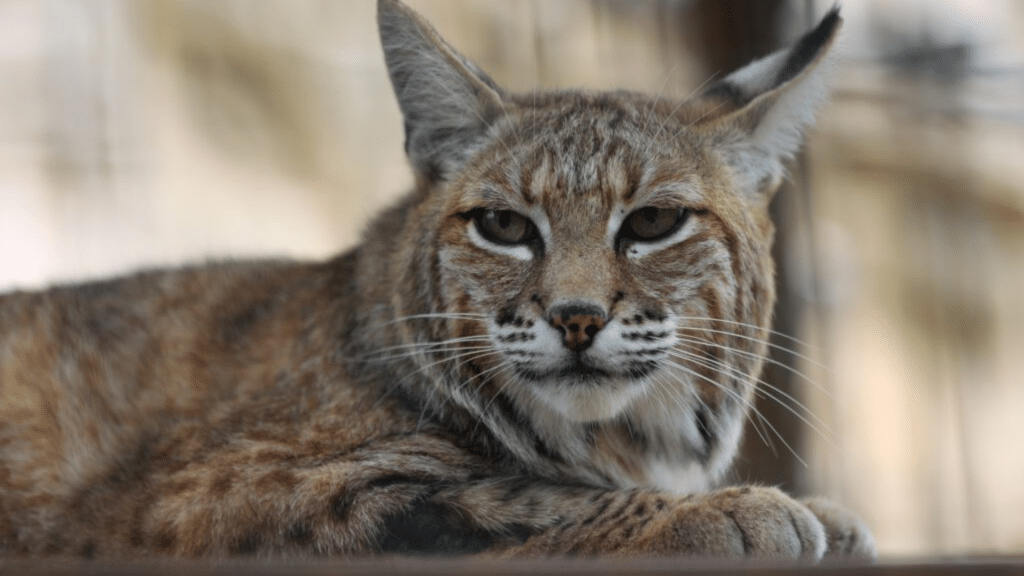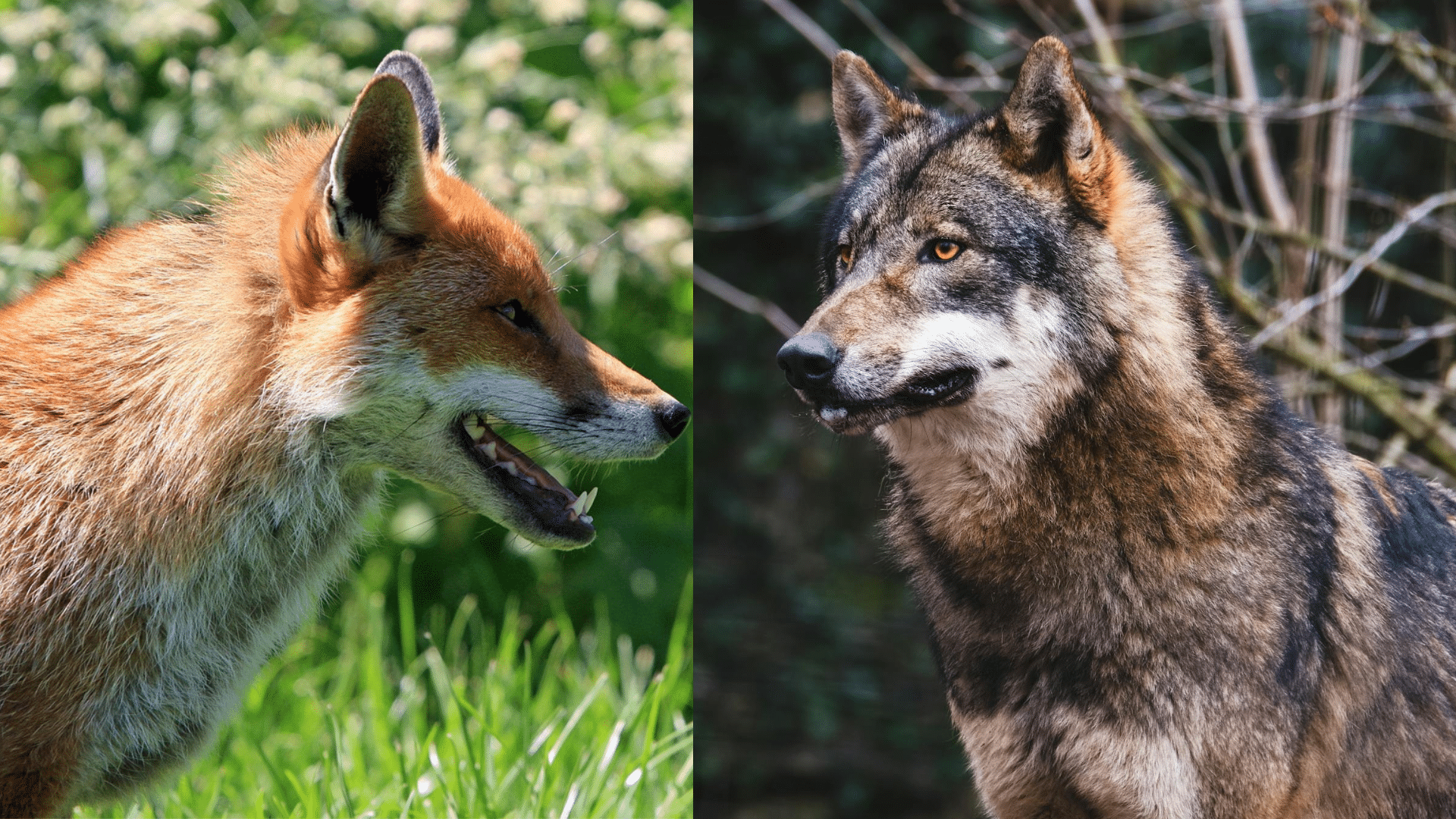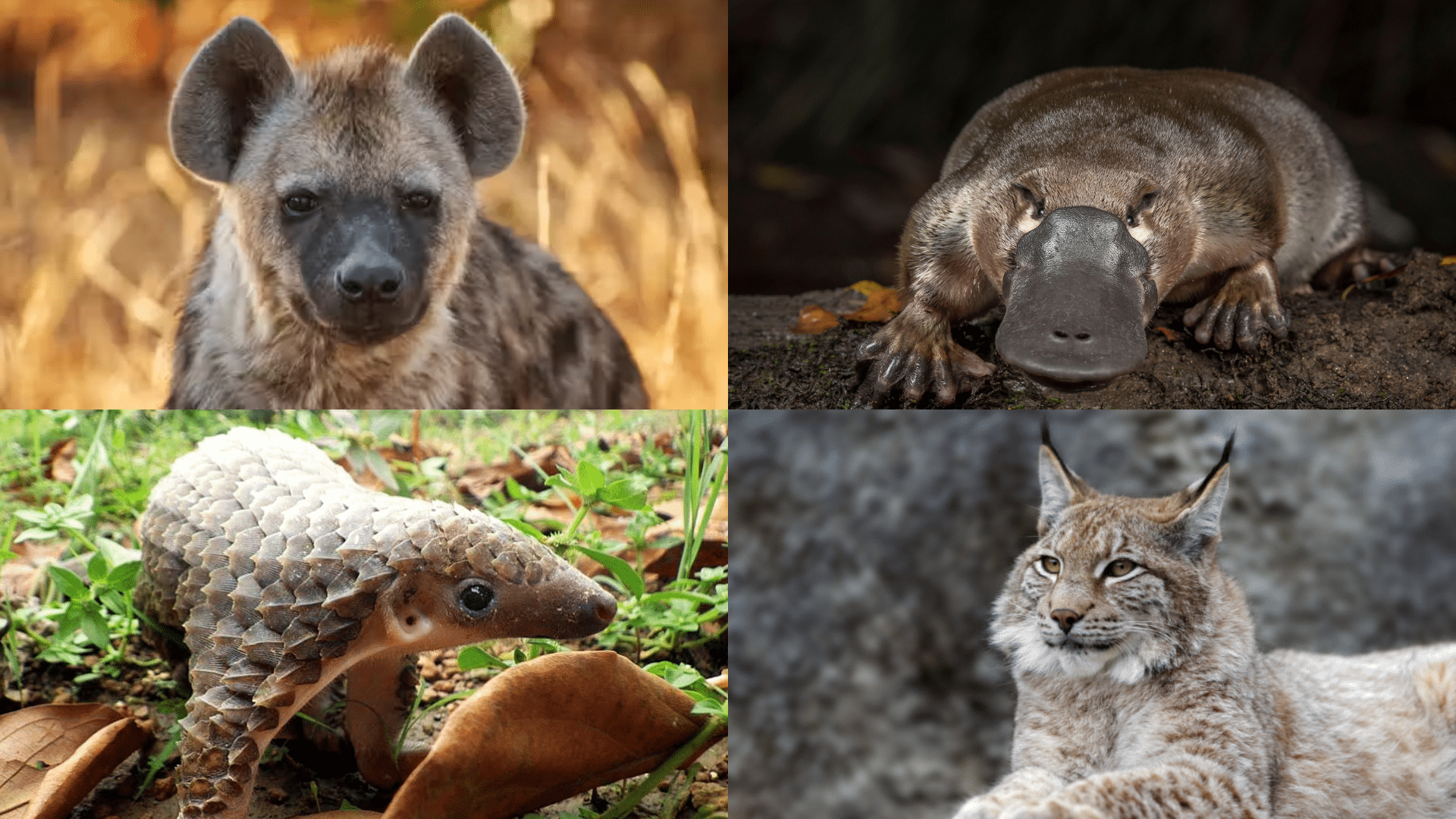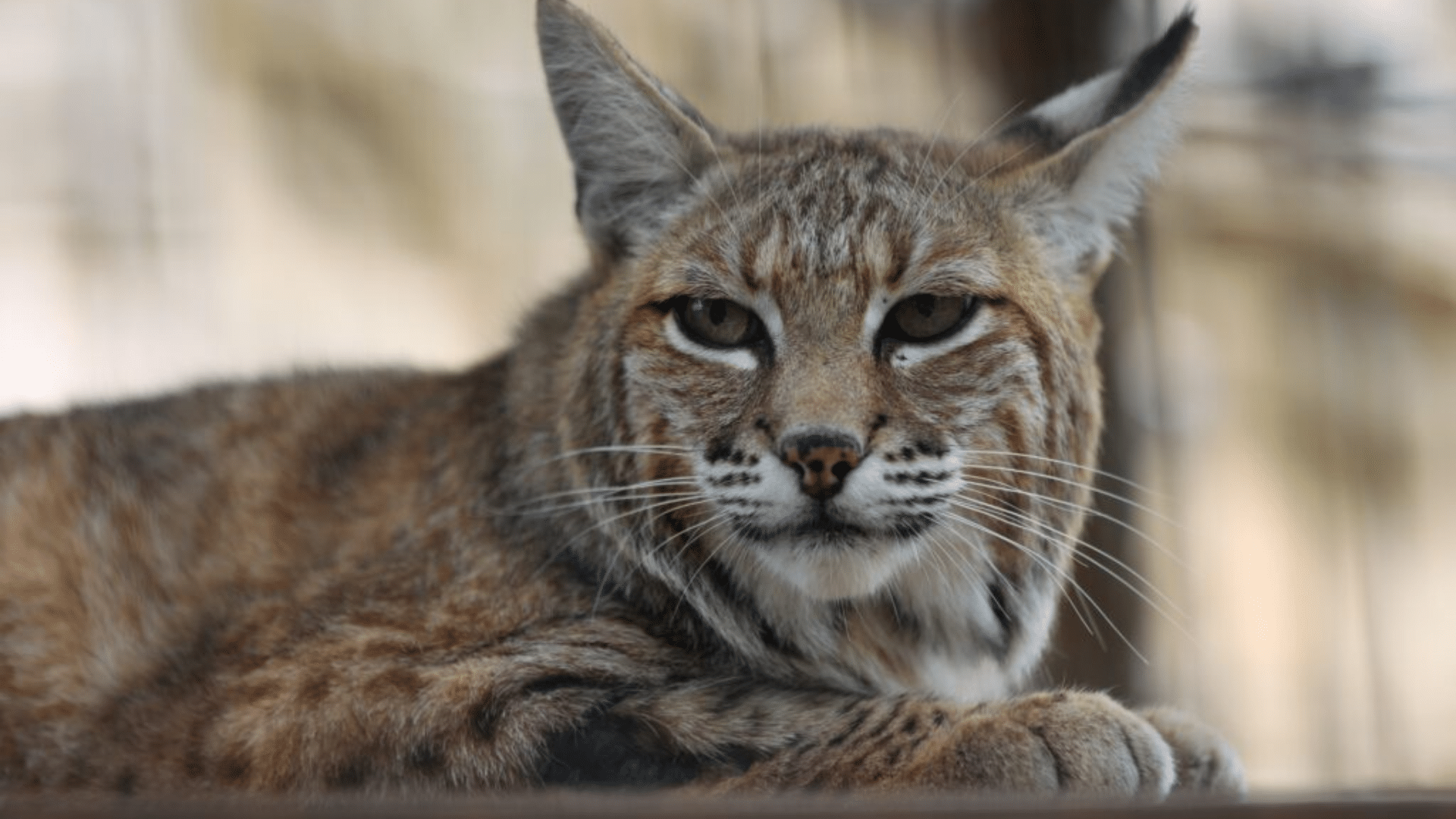Spiders often get a bad reputation for being creepy or scary, but behind those eight legs and tiny fangs are some truly interesting secrets.
These creatures have been building, hunting, and surviving in clever ways for millions of years.
What may first seem strange or spooky can actually turn out to be full of surprises. From their silk-spinning skills to their underwater tricks, spiders are full of hidden talents.
If you’re curious about the amazing facts about spiders, you’re in the right place.
This blog covers some of the coolest things spiders can do, and by the end, you might just see them in a brand-new way.
What Spiders Are and How They Look
Spiders are arachnids, not insects, and they have eight legs instead of six. They are found in gardens, homes, and forests and come in many shapes, sizes, and colors.
Spiders come in a variety of shapes, sizes, and colors, each species having its own unique features that help them survive in different environments.
| FEATURE | DETAILS |
|---|---|
| Body Parts | Two main parts (cephalothorax & abdomen) |
| Legs | Eight long legs |
| Eyes | Usually six to eight small eyes |
| Antennas/Wings | None |
| Skin/Surface | May be hairy or smooth |
| Size | From tiny as rice to as big as a hand |
| Special Feature | Spinnerets for making silk |
Amazing Fun Facts About Spiders
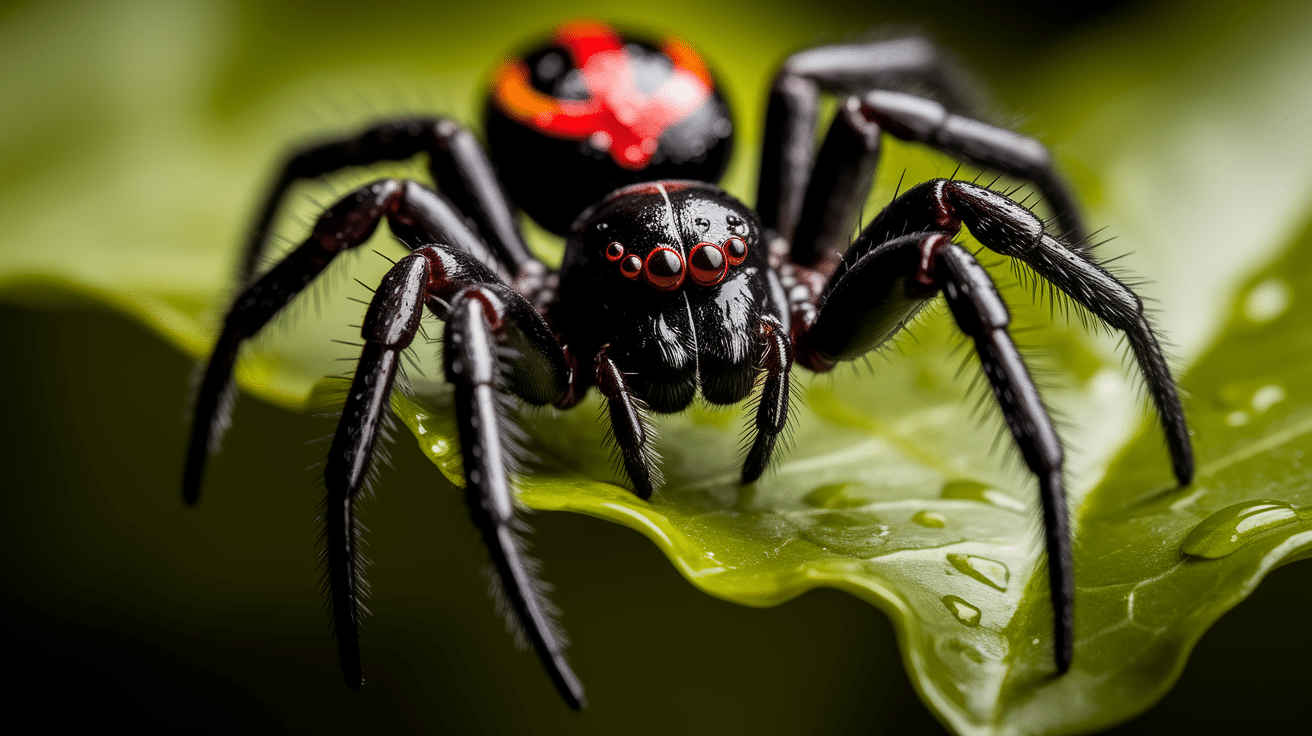
Spiders are interesting creatures with many surprising abilities and unique traits. Let’s jump into fun and surprising facts about spiders that you may not know!
1. Spiders Can Fly
Some spiders use their silk to travel long distances, a process known as ballooning. They release a thread into the wind, allowing it to travel far from its original location.
- This helps spiders colonize new areas and find food.
- Spiders can balloon over vast distances, even crossing bodies of water.
2. Have 8 Eyes
Spiders typically have eight eyes, arranged in different patterns. However, most spiders don’t rely much on their eyesight to catch prey.
- Their eyes help them sense light and movement around them.
- Spiders like jumping spiders use their sharp vision to hunt actively.
3. No Ears, But Great Senses
Spiders lack ears but have keen vibration-detecting abilities. They sense movements and vibrations through specialized hairs on their legs.
- This ability lets them detect prey or danger from far away.
- They use vibrations to communicate with other spiders.
4. Spider Silk is Stronger Than Steel
Spider silk is unbelievably strong and can be up to five times stronger than steel, yet it’s very lightweight. Spiders use it to build webs, catch prey, and protect their eggs.
- It’s also highly elastic, allowing spiders to stretch it without breaking.
- Some researchers are finding synthetic spider silk for medical use.
5. Not All Spiders Spin Webs
While many spiders spin intricate webs, others, like wolf spiders, are active hunters. They prefer chasing and capturing their prey instead of waiting in a web.
- These spiders are quick and rely on their speed and vision to hunt.
- Wolf spiders don’t build webs, but some use burrows to hide and sleep.
6. Some Spiders Can Regrow Legs
Spiders have an interesting ability to regenerate lost limbs, particularly when they are young. This helps them survive if they lose a leg during a fight or accident.
- The new leg may not be perfect, but it helps the spider function.
- Regeneration usually happens slowly over several molts.
7. Some Spiders Live For a Long Time
Although many spiders live only for short span, some species can survive much longer. For instance, tarantulas can live for up to 20 years.
- Male tarantulas generally live shorter lives than females.
- Other spiders, like the common house spider, typically live for 1-2 years.
8. Spiders Have Fangs For Venom
Most spiders have fangs that they use to inject venom into their prey, which paralyzes or kills it. This venom is vital for them to catch and digest food.
- Venom can be harmful to humans, but only a few spiders have dangerous venom.
- Some spiders also use venom to protect themselves from predators.
9. Spiders Help Control Pests
Spiders play a crucial role in keeping insect populations in check. By eating flies, mosquitoes, and other pests, they help maintain the balance of nature.
- This natural pest control helps reduce the need for chemical pesticides.
- Spiders are especially important in gardens, controlling harmful insects.
10. The Diving Bell Spider Can Breathe Underwater
The diving bell spider is unique in that it lives underwater. It creates an air bubble with its silk, which allows it to breathe while submerged.
- This air bubble acts as a personal oxygen tank.
- The spider spends most of its life underwater, hunting for small aquatic creatures.
11. The Goliath Birdeater is the Largest Spider
The Goliath birdeater is the world’s largest spider by weight and leg span, reaching up to 12 inches. Despite its size, it rarely eats birds.
- This spider prefers to eat frogs, lizards, and insects.
- The Goliath birdeater has powerful fangs and can make hissing sounds when threatened.
12. Jumping Spiders are Highly Intelligent
Jumping spiders are among the smartest of all spider species. They are quick learners and can even count up to four objects.
- They use this intelligence to calculate how far they need to jump to catch prey.
- Jumping spiders are also known for their superb vision, which aids in their precise jumps.
13. Not All Spiders are Venomous
While many spiders have venom, most of them are harmless to humans. The majority of spiders prefer to hide rather than bite unless they feel threatened.
- Only a few species, like the Black Widow and Brown Recluse, have dangerous venom.
- Most spiders play a beneficial role in the ecosystem by keeping pest populations under control.
14. Jumping Spiders Can Leap Great Distances
These spiders are well-known for their impressive jumping skills. They can leap up to 50 times their body length in a single bound.
- Their ability to jump helps them hunt and escape predators.
- They are able to plan their jumps carefully, making them very efficient hunters.
15. Spiders Don’t Chew Their Food
Spiders don’t chew their food like humans. Instead, they inject digestive enzymes into their prey to turn it into a liquid, which they then suck up.
- This method allows them to feed on insects and other animals that are too tough to chew.
- It’s a very efficient way for spiders to consume their prey.
16. Some Spiders Build Hidden Trapdoors
Trapdoor spiders are masters of disguise. They build burrows with camouflaged doors that they use to ambush prey.
- These spiders wait patiently for insects to pass by before they open their trapdoors and catch them.
- The trapdoor helps protect them from predators and allows them to rest safely.
17. Spiders Communicate Through Vibrations
Spiders often communicate with one another using vibrations. During mating seasons, males may tap on webs to attract females.
- Spiders also use vibrations to alert others about potential threats.
- Some species even use vibrations to establish their territory and warn others to stay away.
Are Spider Bites Dangerous? What to Do If Bitten
While venomous spiders like the Black Widow and Brown Recluse can bite, fatal bites are extremely rare.
These spiders have distinct markings, such as the Black Widow’s red hourglass or the Brown Recluse’s violin shape.
However, most spiders you encounter, like the House Spider or Garden Spider, are harmless and beneficial, as they eat pests.
If bitten, clean the area with soap and water and apply a cold compress.
Over-the-counter pain relievers can help with swelling and pain. If you notice severe symptoms like increasing pain, redness, or difficulty breathing, seek medical help immediately.
Bonus Tip: To avoid spider bites, always check shoes and clothes before putting them on, especially in areas like garages or gardens. If you spot a spider inside, gently relocate it outside. Spiders are beneficial creatures, helping to keep pest numbers down in your home and garden.

